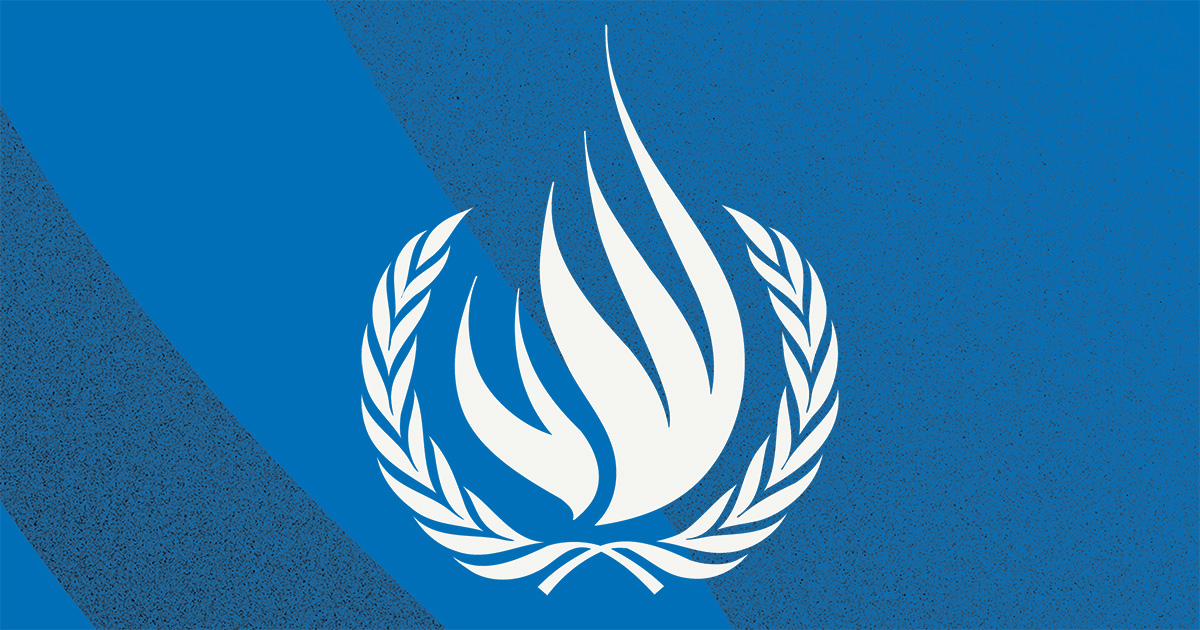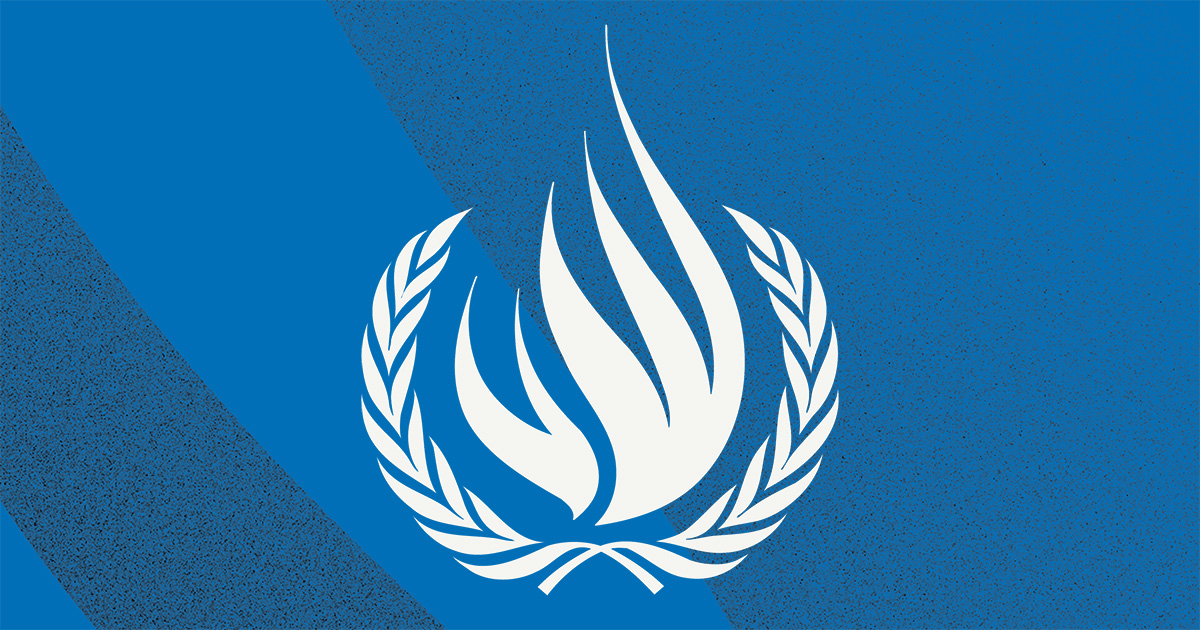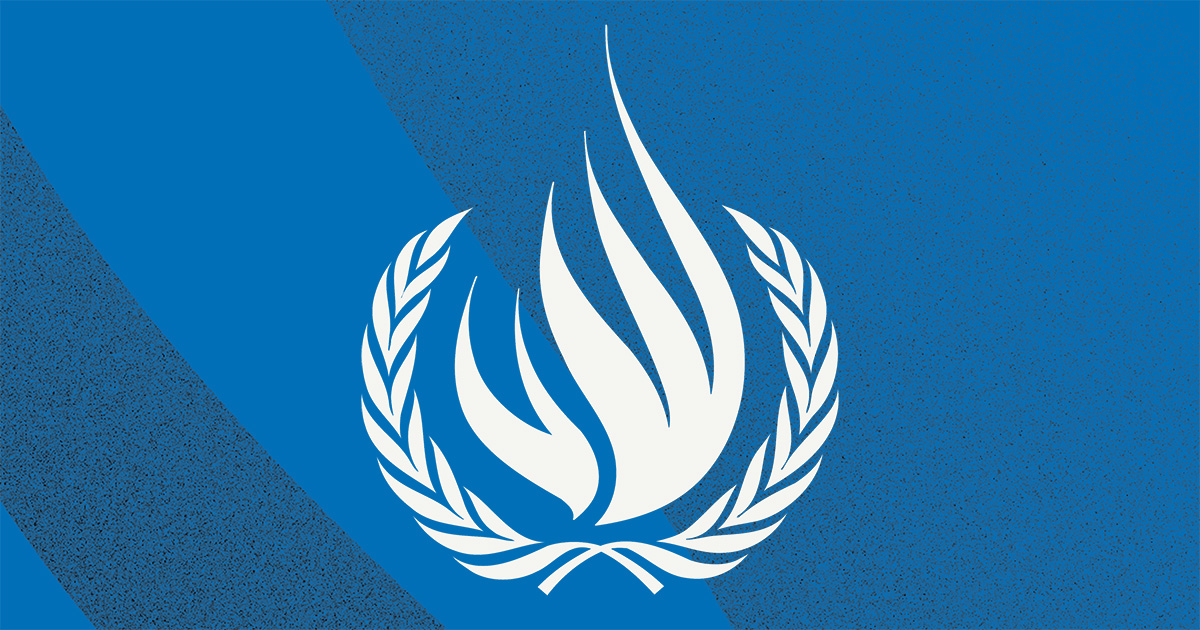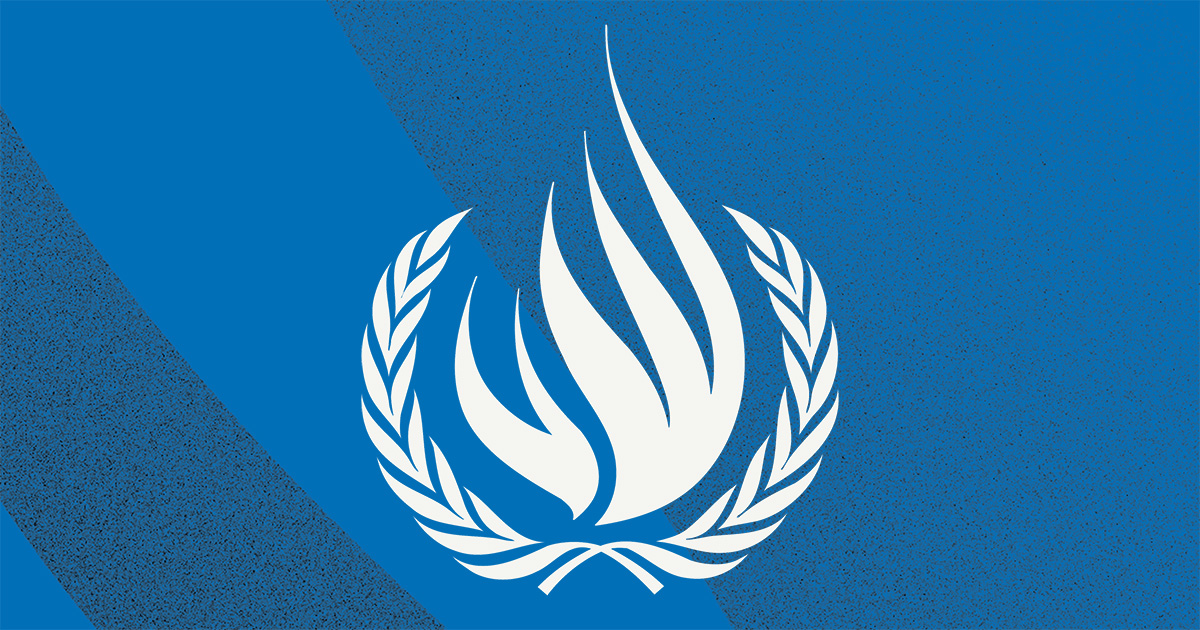
GENEVA (5 February 2024) – A UN expert today warned of the urgent need to put children’s rights at the heart of the development and regulation of the internet and new digital products. Ahead of Safer Internet Day, the UN Special Rapporteur on sale and sexual exploitation of children, Mama Fatima Singhateh, issued the following statement:
“The internet and digital platforms can be a double-edged sword for children and young people. It can allow them to positively interact and further develop as autonomous human beings, claiming their own space. While also facilitate age-inappropriate content and online sexual harms of children by adults and peers.
The boom in generative AI and eXtended Reality is constantly evolving and facilitating the harmful production and distribution of child sexual abuse and exploitation in the digital dimension, with new exploitative activities such as the deployment of end-to-end encryption without built-in safety mechanisms, computer-generated imagery (CGI) including deepfakes and deepnudes, and on-demand live streaming and eXtended Reality (XR) of child sexual abuse and exploitation material.
Although access does not determine the value that children and young people derive from the Internet and digital products, the volume of reported child sexual abuse material has increased by 87% since 2019, according to WeProtect Global Alliance’s Global Threat Assessment 2023.
A review of numerous studies, publications and reports has revealed the intensification of manifestations of harm and exposure of online child sexual abuse and exploitation, both in terms of scale and method. It includes the risk of child sexual abuse and exploitation material, grooming and soliciting children for sexual purposes, online sexual harassment, intimate image abuse, financial sexual extortion and the use of technology-assisted child sexual abuse and exploitation material.
The private sector and the technology industry have proven to be less reliable than they claim to be, with serious ingrained biases, flaws in programming and surveillance software to detect child abuse, failure to crack down on child sexual abuse and exploitation networks, layoffs and cuts to community safety teams and workers. These practices and failings risk relentless repetition of trauma, secondary victimisation and systemic harm to individuals, including children.
While it is commendable that there has been increased political commitment, prioritisation and engagement on the use of ICTs and new technologies at the international level. Many legislative and regulatory efforts at national, regional and international levels seeking to address these problems present additional human rights risks due to insufficient integration of human rights considerations, gender-responsive and child-sensitive approaches.
Against this backdrop, States and companies must all work together and invest in solving this problem, and include children’s, victims’, survivors’ and relevant stakeholders’ voices in the design and development of ethical digital products to foster a safer online environment. This responsibility must be immediately embraced across society.
I welcome the Secretary-General’s AI Advisory Body’s mandate to make recommendations for the establishment of an international agency for the governance and coordination of AI.
Despite these positive initiatives, there is an urgent imperative to scale up efforts and connect through a core multilateral instrument dedicated exclusively to eradicating child sexual abuse and exploitation online, addressing the complexity of these phenomena and taking a step forward to protect children in the digital dimension. I stand ready to support States, international and regional mechanisms and other stakeholders in building a common framework and global alliance for safer and more accountable technology governance.
It is now clear that greater and joint cooperation is needed to ensure a safer Internet for all children around the world. Commitments must go beyond paper.”
* Ms. Mama Fatima Singhateh (The Gambia) was appointed as the UN Special Rapporteur on sale and sexual exploitation of children by the UN Human Rights Council in March 2020. She is a trained lawyer with over 20 years of experience. Ms Singhateh has held a number of high-level positions in public service in the Gambia. She holds a master’s degree in International Business Law from the University of Hull and has undergone numerous trainings in child rights programming, arbitration and mediation, and legislative drafting. She has drafted laws, organized and conducted numerous training sessions, delivered presentations at both national and international fora and written articles and reports on issues relating to the promotion and protection of the rights of the child.
The Special Rapporteurs are part of what is known as the Special Procedures of the Human Rights Council. Special Procedures, the largest body of independent experts in the UN Human Rights system, is the general name of the Council"s independent fact-finding and monitoring mechanisms that address either specific country situations or thematic issues in all parts of the world. Special Procedures experts work on a voluntary basis; they are not UN staff and do not receive a salary for their work. They are independent from any government or organisation and serve in their individual capacity.
For inquiries and media requests, please contact: Ms. Nouf Al Anezi (nouf.alanezi@un.org) or write to hrc-sr-saleofchildren@un.org.
For media inquiries related to other UN independent experts please contact Maya Derouaz (maya.derouaz@un.org) or Dharisha Indraguptha (dharisha.indraguptha@un.org)
Follow news related to the UN’s independent human rights experts on Twitter: @UN_SPExperts.











